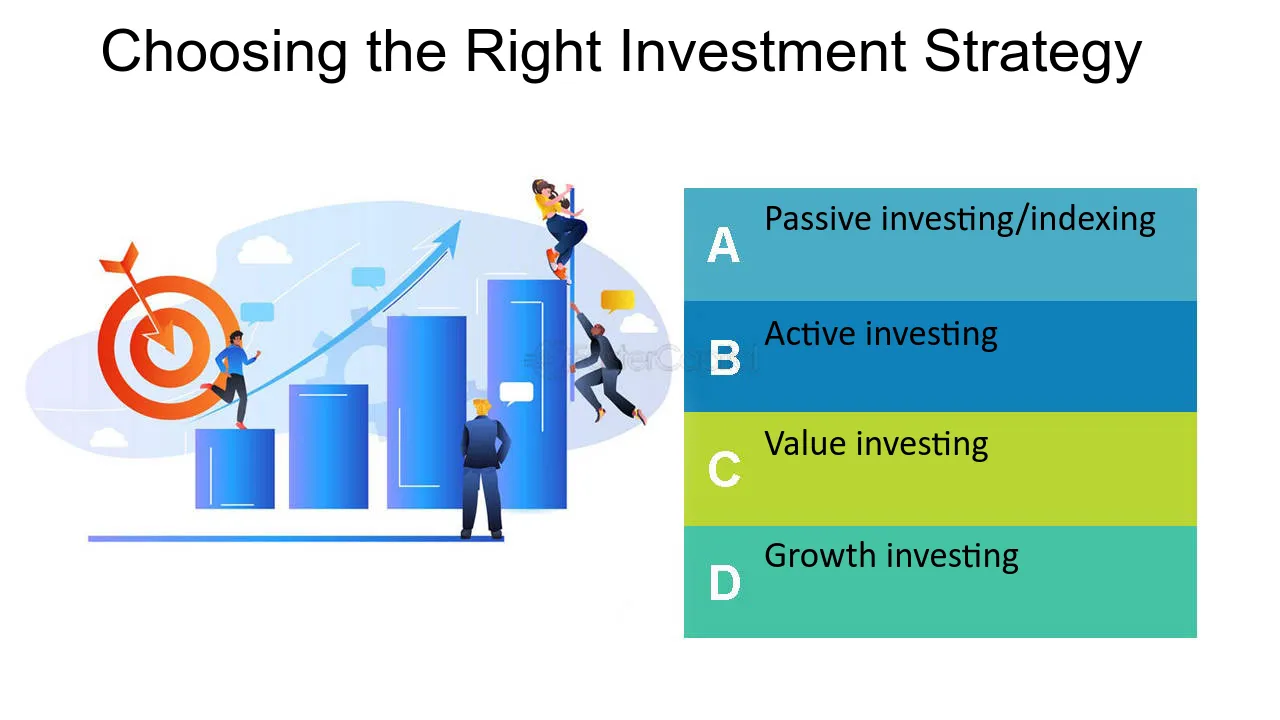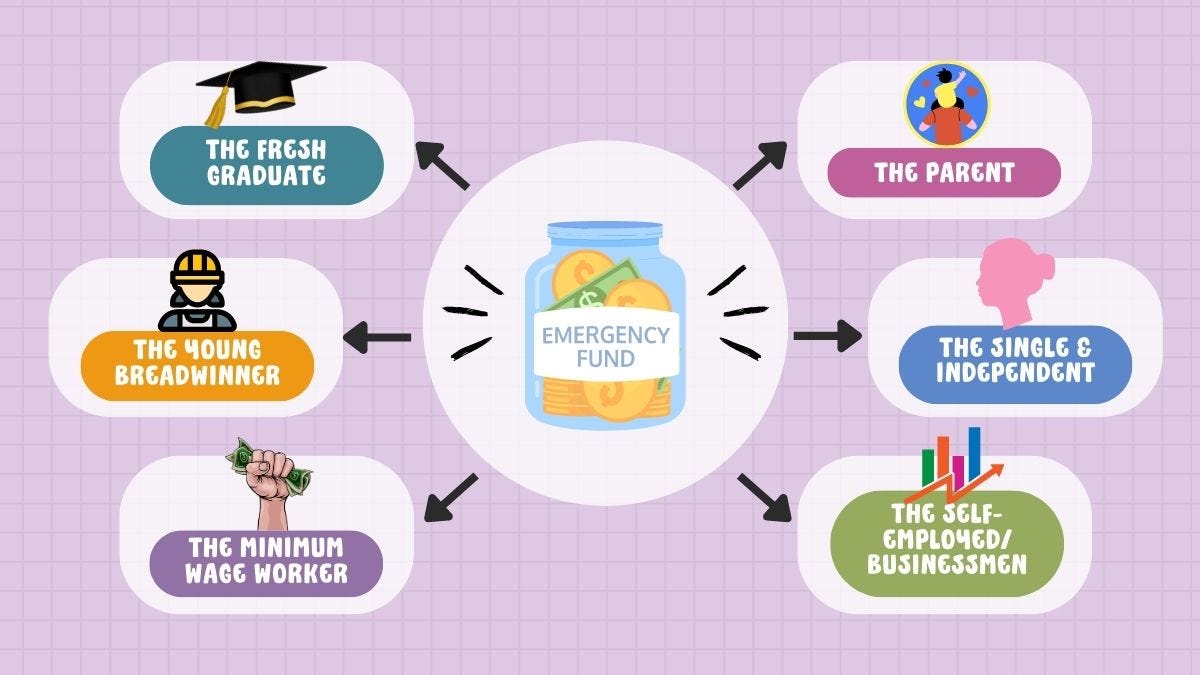Decoding the Psychology of Investing
Behavioral Finance Explains Irrational Choices
Behavioral finance reveals why investors often make irrational decisions, driven by emotions and cognitive biases rather than logic. Unlike traditional finance, which assumes rational actors, this field studies how fear, greed, and overconfidence shape market behavior. By understanding these psychological triggers, investors can better navigate volatile markets and avoid costly mistakes, making behavioral finance a critical tool for financial success.
The Impact of Cognitive Biases
How Biases Sabotage Investment Decisions
Cognitive biases, such as confirmation bias and loss aversion, frequently lead investors to act against their best interests. For example, confirmation bias causes individuals to favor information that aligns with their beliefs, ignoring contradictory data. Similarly, loss aversion drives investors to hold onto losing assets too long, hoping to avoid realizing losses. Behavioral finance highlights these patterns, offering strategies to counteract them and make more objective decisions.
Emotional Influences on Market Behavior
Fear and Greed Fuel Irrational Markets
Emotions like fear and greed can dominate investment choices, leading to irrational market trends. During market booms, greed may push investors to chase overhyped stocks, inflating bubbles. Conversely, fear during downturns can trigger panic selling, exacerbating losses. Behavioral finance teaches investors to recognize these emotional cycles, encouraging disciplined strategies that prioritize long-term goals over short-term impulses.
Leveraging Behavioral Finance for Smarter Investing
Tools to Overcome Irrational Tendencies
By applying behavioral finance principles, investors can adopt techniques to mitigate irrational behavior, such as setting clear investment rules and diversifying portfolios. Regularly reviewing decisions with a focus on data rather than emotions helps counteract biases. Embracing these insights empowers investors to make rational choices, enhancing financial outcomes in unpredictable markets.










